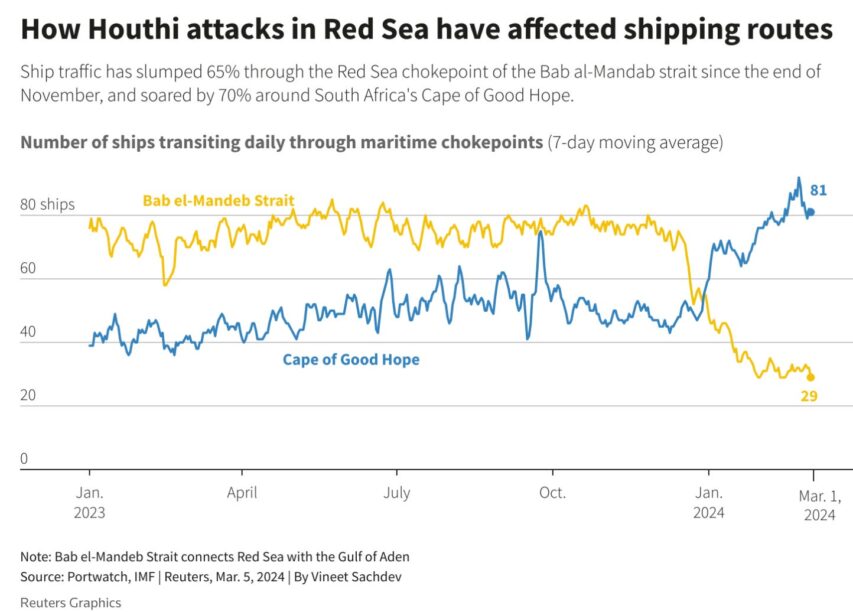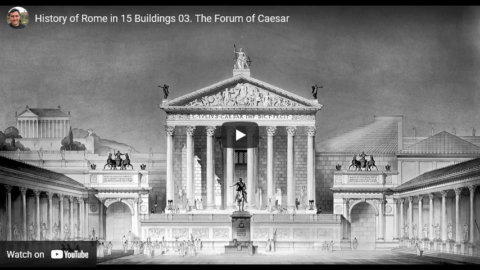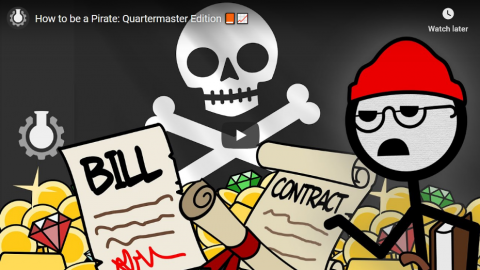It has been alarming just how long the west — and especially the United States — have been willing to put up with Houthi attacks on shipping going through the Red Sea. President Trump has indicated that American patience has run out, as CDR Salamander discusses:

The Houthi Ansarullah “Al-Sarkha” banner. Arabic text:
الله أكبر (Allah is the greatest)
الموت لأمريكا (death to America)
الموت لإسرائيل (death to Israel)
اللعنة على اليهود (a curse upon the Jews)
النصر للإسلام (victory to Islam)
Image and explanatory text from Wikimedia Commons.
… in the almost 18 months since the Houthi rebels have been attacking Western shipping in the Red Sea, we have mostly been playing defense.
Why have we been playing defense? The Biden Administration, like the Obama Administration, was worm-ridden with Iranian accommodationalists. The Houthi, like Hamas and Hezbollah, are Iranian proxies.
After the murder, rape, slaughter, and kidnapping from Gaza into Israel on October 7th, 2023 by Iranian proxies, the Houthi started their campaign of support — as directed by Iran — by attacking shipping in the Red Sea.
It could not be ignored, but we never took the needed action. We did not even do half-measures. At best we did quarter-measures.
The attacks continued and our credibility on the world stage degraded in proportion to that.
As we have discussed often here, we have a few thousand years of dealing with piracy and bad-faith actors on the high seas. It has direct costs in commerce, treasure, and lives.
This cannot be allowed to continue.
Over the weekend, the new Trump Administration put down a marker. We seem to have ratcheted things up a bit. Not much available on open source, but over the weekend, CENTCOM put out a few things;
CENTCOM Forces Launch Large Scale Operation Against Iran-Backed Houthis in Yemen On March 15, U.S. Central Command initiated a series of operations consisting of precision strikes against Iran-backed Houthi targets across Yemen to defend American interests, deter enemies, and restore freedom of navigation.
[…]
Where is all this going? Well, let’s establish a few things first.
- Clearly what we were doing was not working.
- The Houthi are a 4th rate non-naval power. We like to tell everyone that, though we are the world’s second largest navy, we are the most capable. If we can’t keep the Houthi away from shipping through a major Sea Line of Communication, then why should anyone expect we could do more.
- Europe won’t/can’t help. They not only lack the capability to project power ashore against the Houthi to any reasonable measure, they lack the will.
- China does not care. It does not impact them. They benefit from this chaos against the West.
- Russia thinks this is wonderful.
- Iran can’t believe we are letting this go on. The Houthi are the last significant proxy, so they will do all they can to keep them going.
The lines are fairly clear right now. Not much room to maneuver. Looks like we will be at this for awhile. More extended range time.















